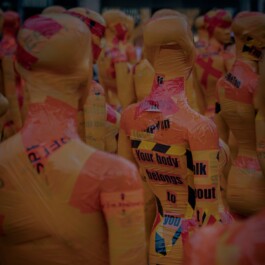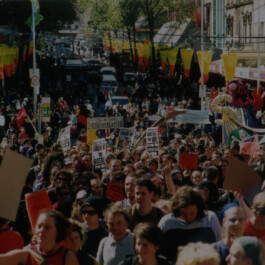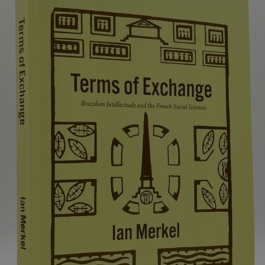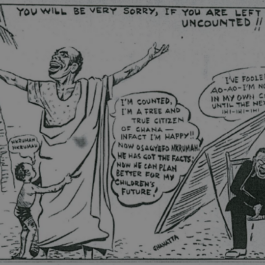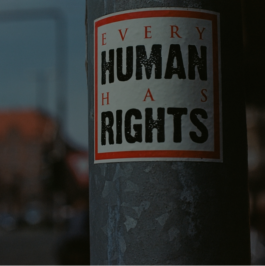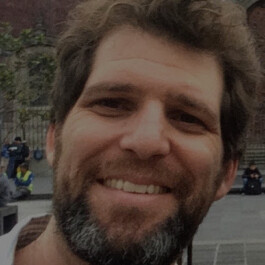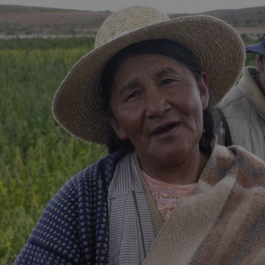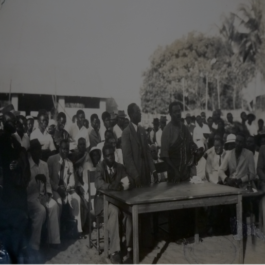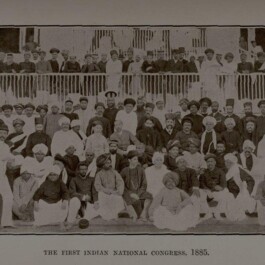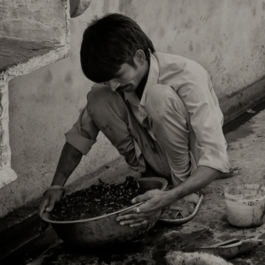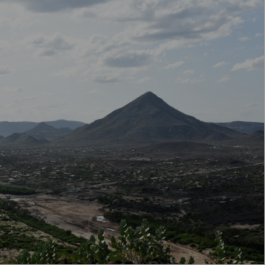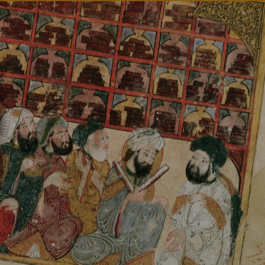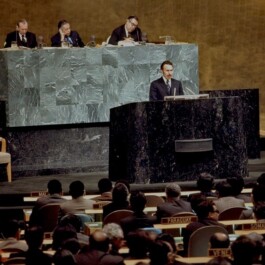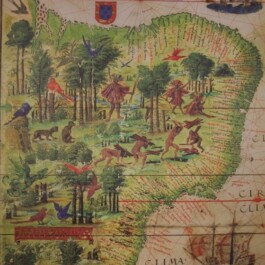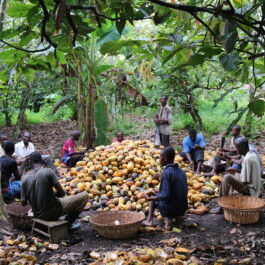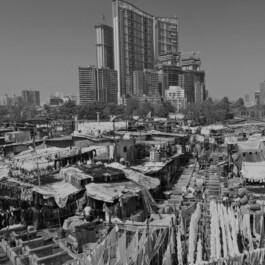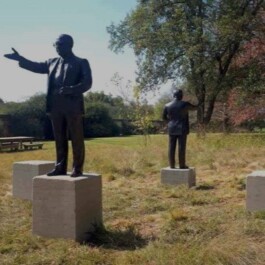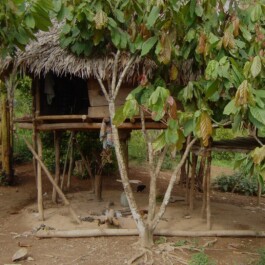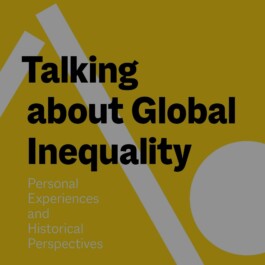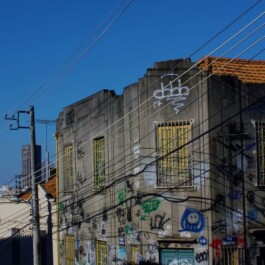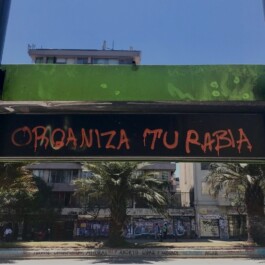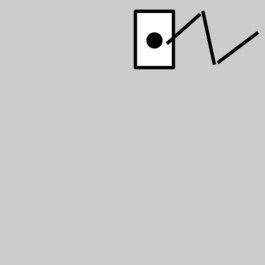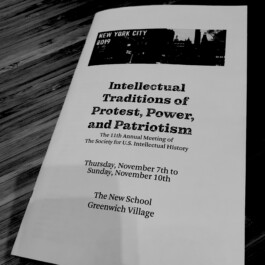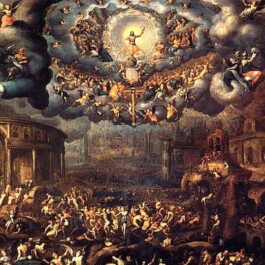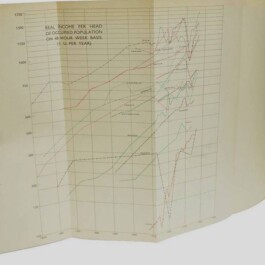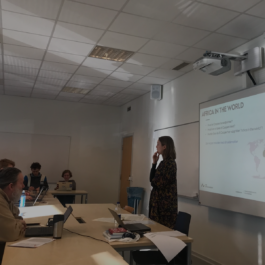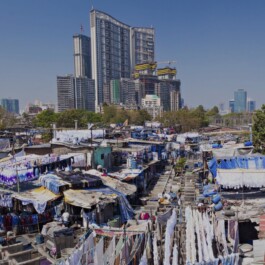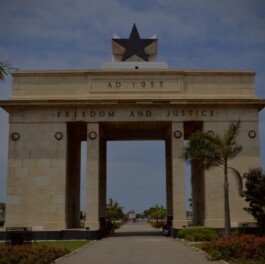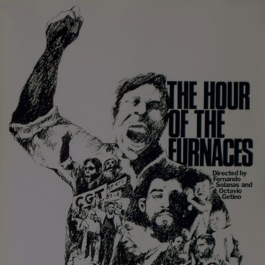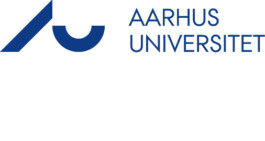Closing event - Celebrate the end of our journey with us!
Time: 15.00-16.00, Thursday 16th November 2023
Location: Building 1467 - Room 616
⬤The event will be followed by a reception at the lounge. All are welcome!
Book launch: Talking About Global Inequality on September 28th, 14.30-15.30 at the Student Bar, Aarhus.
- Join us as we celebrate this publication with two of the editors (Christian O. Christiansen and Sofía Mercader).
⬤ For an overview of our past events see our calender
⬤ For an overview of our writings see publications
Our new book Talking About Global Inequality is out now!
Available for purchase on this link
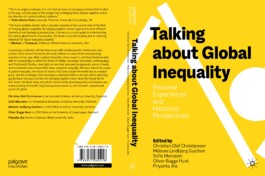
Talking About Global Inequality with Julia McClure
Julia McClure, Senior Lecturer of History, The University of Glasgow, on poverty, ideology, and historic pathways in global inequality.
The interview is part of a series of small scaled conversations that accompany the publication of our book, Talking About Global Inequality
⬤ Watch all the interviews in the series here
Adom Getachew: Disclosing the Problem of Empire in W.E.B. Du Bois's International Thought
Adom Getachew, Assistant Professor of Political Science, The University of Chicago – 'Disclosing the Problem of Empire in W.E.B. Du Bois's International Thought' @ Symposium: 'Towards a Global Intellectual History of an Unequal World, 1945-Today'
⬤ Read more about 'Towards a Global Intellectual History of an Unequal World, 1945-Today'
Research diaries
We recommend:
⬤ Christian O. Christiansen: Interview for P1 Orientering on Davos summit and inequality [In Danish]
⬤ The world leading global inequality economist Branko Milanovic: Branko Milanovic blog
⬤ Christian O. Christiansen: Supertanker: Do They Know It's Christmas (in conversation with Per Bjerre, Oxfam Ibis) [Radio interview in Danish]
⬤ Christian O. Christiansen: Supertanker: An unequal world (in conversation with politician Mogens Lykketoft) [Radio interview in Danish]
Writings
There are no more events this year (2022)
New events will be posted here asap
- so stay tuned
⬤ For an overview of our past events see our calender
⬤ You can also have a look at our publications
⬤ Soon our book Talking about Global Inequality will be out!
More information soon
Adom Getachew: Disclosing the Problem of Empire in W.E.B. Du Bois's International Thought
⬤ Read more about 'Towards a Global Intellectual History of an Unequal World, 1945-Today'
Research diaries
We recommend:
⬤ Christian O. Christiansen: Interview for P1 Orientering on Davos summit and inequality [In Danish]
⬤ The world leading global inequality economist Branko Milanovic: Branko Milanovic blog
⬤ Christian O. Christiansen: Supertanker: Do They Know It's Christmas (in conversation with Per Bjerre, Oxfam Ibis) [Radio interview in Danish]
